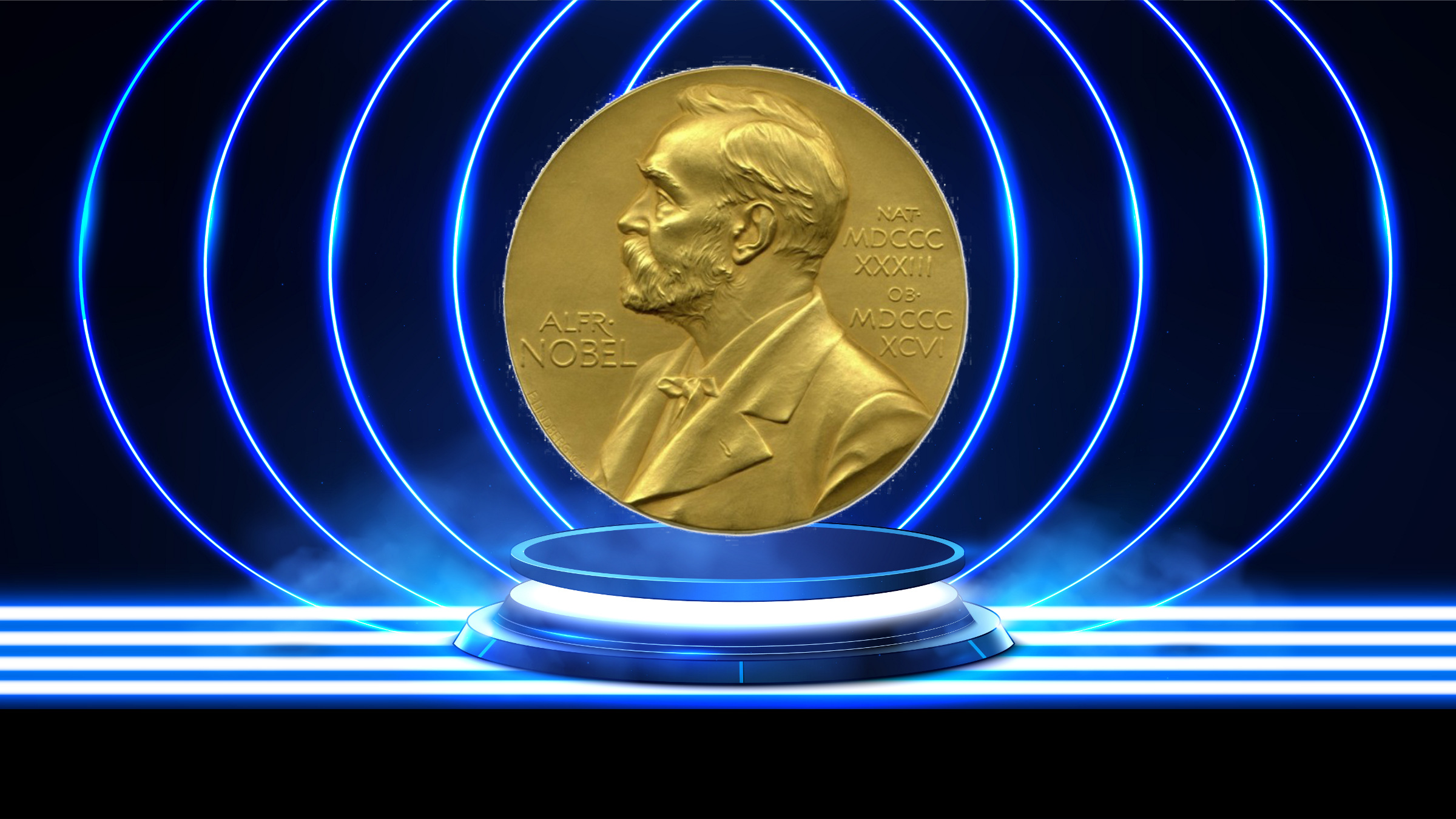
Judea Pearl, professor of computer science at the University of California, Los Angeles, is the winner of the 2011 ACM A.M. Turing Award.
Pearl is being honored "for innovations that enabled remarkable advances in the partnership between humans and machines that is the foundation of Artificial Intelligence (AI)," according to the ACM news release. "He pioneered developments in probabilistic and causal reasoning and their application to a broad range of problems and challenges. He created a computational foundation for processing information under uncertainty, a core problem faced by intelligent systems. He also developed graphical methods and symbolic calculus that enable machines to reason about actions and observations, and to assess cause?effect relationships from empirical findings. His work serves as the standard method for handling uncertainty in computer systems, with applications ranging from medical diagnosis, homeland security and genetic counseling to natural language understanding and mapping gene expression data. His influence extends beyond artificial intelligence and even computer science, to human reasoning and the philosophy of science."
Widely considered the Nobel Prize in Computing, the ACM Turing Award carries a $250,000 prize, with financial support provided by Intel Corp. and Google Inc. The award is named after British mathematician Alan M. Turing, whose 100th anniversary will be celebrated in June at the ACM 2012 Turing Centenary Celebration, which will feature Pearl and 34 previous Turing Award winners.
For articles and blog posts from The New York Times, The Wall Street Journal, and other media companies about Pearl winning the Turing Award, click here.
Jack Rosenberger is senior editor, news, of Communciations of the ACM.



Join the Discussion (0)
Become a Member or Sign In to Post a Comment